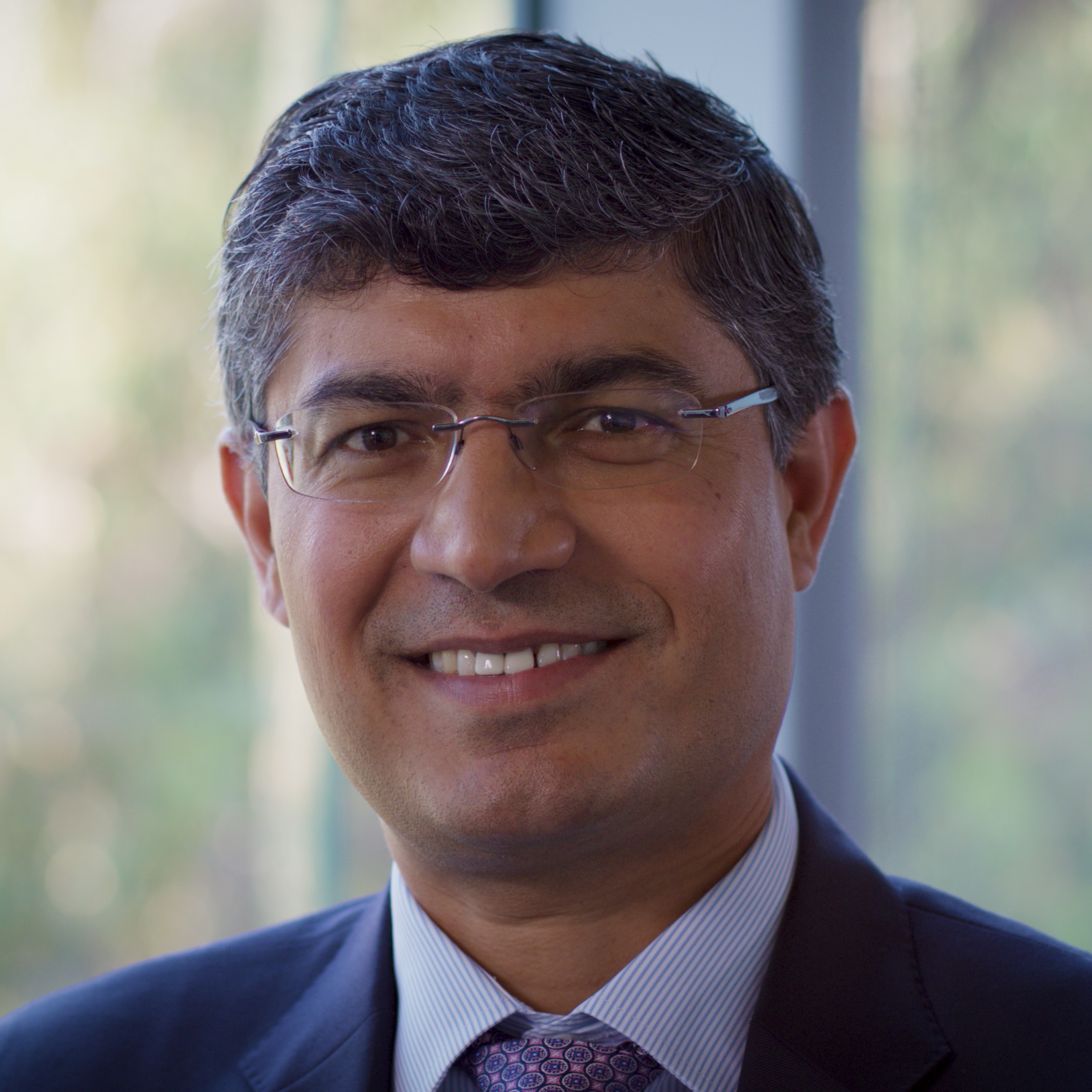Article
Positive Outlooks May Improve Chronic Angina Outcomes
Author(s):
Patients that were more optimistic had fewer heart-related hospital visits.
Alexander Fanaroff, MD, Duke University Medical Center

Alexander Fanaroff, MD, Credit: Duke Health
According to research presented at the American College of Cardiology’s (ACC) 67th Annual Scientific Session, a positive outlook may aid in improvement of chronic angia outcomes over time.
Clinicians at the Duke Clinical Research Institute and Columbia University studied whether those with heart-related chest pain who had an optimistic outlook on the disease and future health would have fewer episodes of heart-related hospital stays or revascularizations.
“As a clinician, it doesn’t cost anything to help patients with chronic angia focus on what they can do, letting them know that there are medications and procedures that can help them return to a normal life and continue to do the things they like to do,” lead author, Alexander Fanaroff, MD, Duke University Medical Center, said in a statement. “Bottom line: there’s a reason to be optimistic for patients with chronic angia, and it’s important that clinicians relay that to them.”
Study findings suggest that if those patients who are less optimistic are identified, clinicians can help them feel more hopeful by focusing on what they can do — which may positively affect outcomes.
This is the first study to assess whether hope and confidence in one’s future health may be protective for those with heart disease and chronic angia symptoms.
A less optimistic view of patients’ health may trigger more visits to doctor’s offices, contributing to more evaluation and hospital admissions.
The study analyzed data from nearly 2400 people that were enrolled in the RIVER-PCI trial with chronic angia undergoing percutaneous coronary intervention (PCI) to open at least 1 blocked coronary artery.
RIVER-PCI tested whether ranolazine could reduce hospitalizations and revascularization procedure related to chest pain versus placebo, but ultimately found no benefit. Patients completed a questionnaire about their overall quality of life, how frequently they had angia and how much they agreed or disagreed with that statement, “I am optimistic about my future and returning to a normal lifestyle.” The same set of questions were asked at 1, 6 and 12 months.
In the study presented at ACC 2018, Fanaroff grouped patients based on how optimistic they were at the start of the RIVER-PCI trial, regardless of what treatment was received in order to see whether perceived optimism had any effect on hospitalizations and revascularizations during the median 643 days of follow up.
Of patients surveyed 782 (33.2%) were most optimistic, 1000 (42.5%) were somewhat optimistic, 451 (19.1%) were undecided and 123 (5.2%) were not optimistic. Optimism level reported by patients was fairly stable over time.
Compared to those less optimistic, those who were most optimistic reported less angia overall, and were also less likely to have history of heart attack, heart failure, diabetes and chronic kidney disease.
Primary outcome rate was higher in undecided (32.8%) and not optimistic (35%) patients opposed to the most optimistic patients (24.4%). The finding persisted after adjusting for comorbidities and baseline angia frequency.
Researchers still question whether those who were less optimistic felt that way because of burden of the disease(s) or general uncertainty about the future of living with their disease.
“There’s no downside to instilling hope and equipping patients with skills for self-care,” Fanaroff said.
Next steps include testing strategies that might encourage patients to adopt a positive outlook.
Click here to sign up for more MD Magazine content and updates.
Related Coverage >>>
Football Associated with Increased CVD
iFR More Cost-Effective Than FFR for Patients Requiring PCI
STEMI Protocol Reduces Disparity Between Sexes, Improves Outcomes





